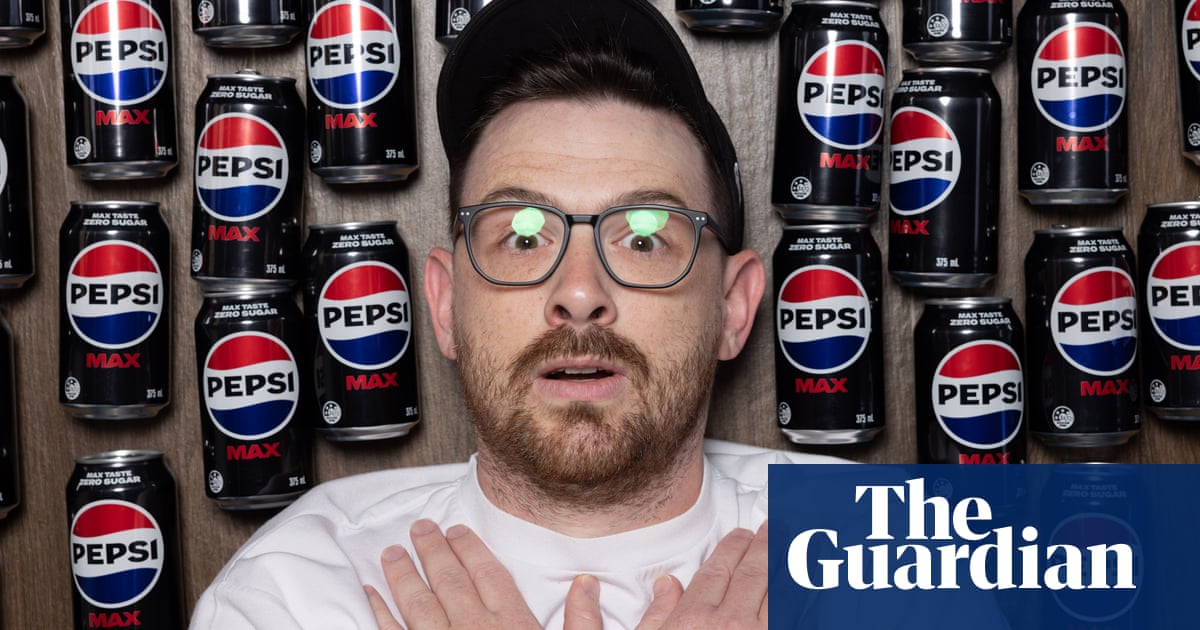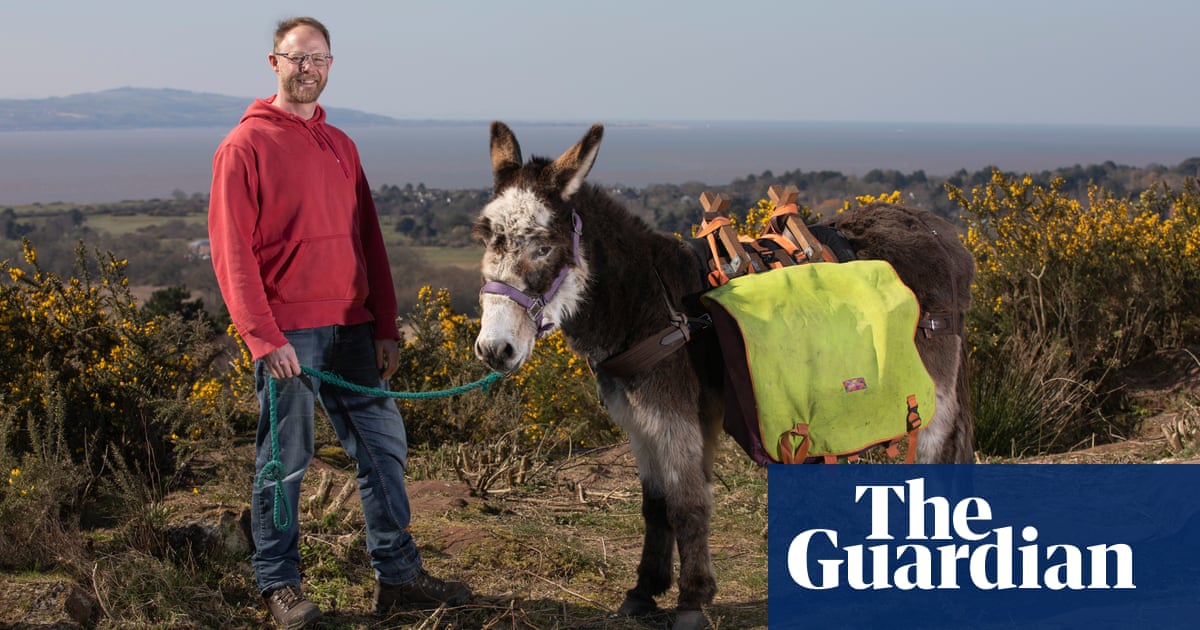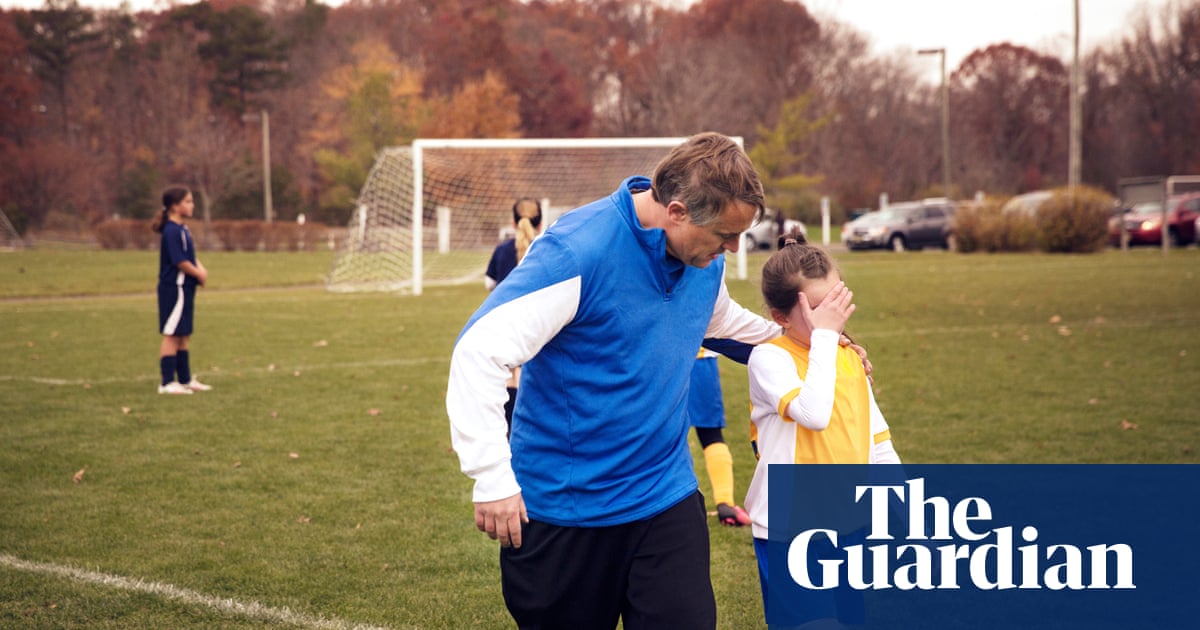I drink a lot of Pepsi Max. A slab of 30 cans has been known to disappear within a week. That’s upward of four 375ml cans a day – one and a half litres of sugar-free cola every 24 hours. Not enough to end up on My Strange Addiction but enough to concern friends. “Those things will kill you,” they tell me.
To be clear, there’s no evidence that Pepsi Max will kill anybody. Breathe easy, PepsiCo.
But in 2023 artificially sweetened products like Pepsi Max were briefly the subject of panicked headlines after the World Health Organization classified aspartame – the artificial sweetener in every bottle and can – as a possible cancer-causing agent, in the same category as gasoline exhaust and lead.
That freaked some people out but the truth is we don’t really have good evidence about the effect of aspartame on the body. Studies have not been able to find strong, consistent links between the sweetener and cancer. Four cans a day is probably fine but it’s worth re-evaluating my strange compulsion for Pepsi Max, all the same.
So now I have 66 days to get off the stuff. That number is pulled from a 2009 study on habit formation led by Phillippa Lally, out of University College London. Sixty-six days is often quoted as the average time it takes to form a new habit – but that’s not the message Lally hoped to get across in the paper.
“How long does it take to form a habit? It’s highly variable,” she says. “We don’t really know yet.”
My experiment is about habit disruption. I’m not forming a new one. I’m trying to break an old one. So on 24 September I empty the fridge of Pepsi Max. The next day my abstinence odyssey begins.
Quick ground rules: I’m not going to drink any sugar-free soda that contains artificial sweeteners. That seems like a reasonable way to do this. If I simply replaced Pepsi Max with Coke Zero, would I be achieving anything? No.
Water is so boring and this isn’t the 66 days drinking water challenge. I want to line my gastrointestinal tract with something fun. Something with a little bit of oomph. I decide a full-blooded, sugar-loaded soft drink, as well as beer and wine, will be OK. I rarely drink that stuff anyway, unless I’ve found myself in a McDonald’s at 2am.
Week one
I love cracking open a can of Pepsi Max after exercise. I’m not sure if this makes sense, physiologically, but there’s a soul-deep thirst-quenching in that can – I’ve trained my brain to believe it’s better than water.
I notice the absence of this the first day of the experiment, after jogging. By day three, I’m craving a can.
Instead, Guardian Australia decides to torture me: my editor asks me to do a photoshoot, sending a photographer to my apartment and getting me to hold, caress and lie with dozens of Pepsi Max cans, as though they’re the love of my life. As though they’re as important to me as Darren Jarman’s five goals in the final quarter of the 1997 AFL grand final. That’ll do. That will do.
At one point we take a photo where an old, empty can is pressed to my lips. Though it has been washed out, I can smell the … whatever gives Pepsi Max its smell. I wince.
Week two
I’m reminded of the Werner Herzog quote when he is standing in the middle of a jungle and begins to sermonise. “Nature here is vile and base,” he says. “Of course, there’s a lot of misery.”
That’s what moving through the world without Pepsi Max for the first week felt like.
Week two is about strategising and adaptation. The biggest change I make is to make sure I’m constantly filling up my water bottle and leaving it in front of me, at my desk. I also start squirting in some lemon juice every now and again. This is what habit researchers like Lally might describe as “substitution”. It helps – but not much.
On day eight I fly to Vancouver from Sydney. The timezone thing also means I have to live this day twice. Hell is the international date line.
It also means I’m kicking this up a notch: I’m doing this on Hard Mode.
Try to quit soda when you visit North America, which must be the soda capital of the world. At an ice hockey game in Vancouver, Pepsi signage is on every wall. It’s as though the stadium is a giant billboard and, somewhere in the middle of it all, sport gets played.
Week three
I’m at the 29th biggest mall in the world. It used to have dolphins and flamingos.It looks like a pretty regular mall to me, which means there are, obviously, lots of opportunities to buy a Pepsi No Sugar. I opt for sugary tea with my Dairy Queen order.
The week ends with a drive through the Canadian Rockies. Road trips are typically the best time for two things: investigative podcast series and sugar-free soda, mostly post-mix from whatever fast food restaurant is on the side of the freeway. I indulge in only one of those things (the podcast, I swear!).
I stay in a mountain lodge just outside Jasper, a town cruelled by wildfires, and stop in for a “beaver tail”, a deep-fried flat dough covered in cinnamon and sugar. I think “this would go well with Pepsi Max” and also “this is the most horrible food imaginable, who would eat this?”
Week four
I notice I’ve been filling up on coffee in the mornings, sitting in cute cafes and reading or tapping away on my laptop. If I make it to 2pm, it’s acceptable to start drinking booze. Things start getting easier here, almost 30 days in, but I also realise I’m substituting an afternoon Pepsi Max with something probably less healthy.
And I’ve learned that the consumption of Pepsi Max is driven by boredom. I’m constantly at my desk at home and it’s nice to stop and have a few sips out of a can when I can’t think of the right word or phrase to type. Pepsi Max is procrastination.
Weeks five and six
In the interest of word counts: five and six feel like the easiest yet because I discover two things.
1. Canned sparkling water tickles the same part of my lizard brain that Pepsi Max does. Something about this makes sense but I feel as though I’ve come to the realisation too late. This is another substitution but it doesn’t feel like an unhealthy one.
2. I spend some of this time in Texas and they’re mad about barbecue. It feels disrespectful to drink Pepsi Max with barbecue … but a Lone Star or local craft beer? Hello!
Week seven
If this is therapy, week seven provides a breakthrough. After speaking to Evangeline Mantzioris, a nutritionist and food scientist at the University of South Australia, my view on Pepsi Max shifts.
And as I’m metaphorically lying on Mantzioris’s food-therapy couch, there’s a recognition that taste is just one element of my Pepsi Max experience. What I have is an inherited affliction. It must have come via Dad, who’d I consider the Michael Jordan of Pepsi Max consumption. And Pepsi Max, as connection, as memory, as nostalgia, must have burrowed into my subconscious somewhere along the way, too.
Pepsi Max, to me, is many things. A reward after exercise. A salve when it’s hot. A way of staving off boredom. It’s about the sound of a can cracking open. These things I connect to. This is what tickles the lizard brain.
Weeks eight and nine
My final two weeks are upended by travel, which does provide a chance to sit in nice cafes once again and tap away at the laptop.
It’s when I’m standing in a Christmas market in the middle of Budapest that I have another breakthrough, of sorts: There’s just a lot of advertising about Pepsi. It’s everywhere. Same with Coke. They’re entrenched in our daily lives. And that’s kind of bizarre, when you think about it for too long.
After speaking to Mantzioris, it would have been easy to end this experiment. I now feel as though I got everything I wanted out of it: I think I can cut back on Pepsi Max and substitute it with other drinks that give me a similar thrill. I’ve worked out how to make myself enjoy water more. And I like the little spike of whatever brain chemical I get when I’m drinking a can.
So, on the final day, I place two cans of Pepsi Max in the fridge.
The end
At the end of this odyssey, I call Lally, the author of the 2009 study on habit formation. Her habit research, and the research of others we discuss, help put everything in perspective.
Habit disruption is different to habit formation, and I can’t make any sweeping conclusions about Lally’s often-cited study. But what does appear true is that both are highly individualised. Everybody is different and our ability to make or break habits is variable.
In 66 days I had time to interrogate how and why I was drinking four cans of Pepsi Max a day and then decide how I wanted to change. Just telling myself I won’t have a can today wasn’t enough to break the habit.
After a jog on 1 December, I take my first sip of Pepsi Max in 66 days. Just the one can, though. And I think “That’ll do. That will do.”










